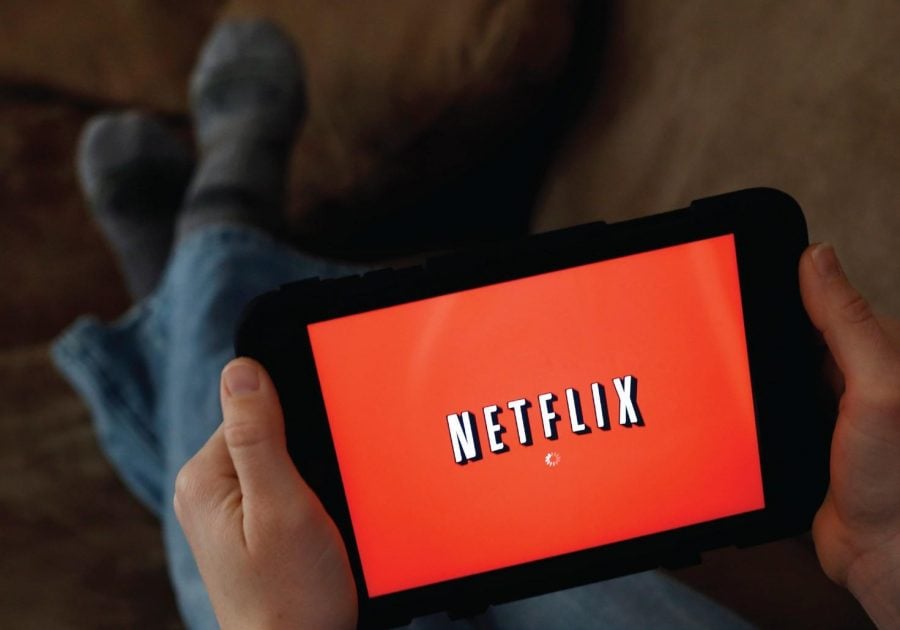A proposal that would allow Internet service providers to charge for their services and create “fast lanes” for paying websites and slower lanes for other traffic advanced last Thursday in a 3-2 vote by the Federal Communications Commission (FCC).
The proposed regulations threaten the long-standing principle of “net neutrality,” or the idea that all Internet traffic should be treated equally, regardless of whether a user is visiting the website of a major corporation or an individual blogger.
“If net neutrality goes away, so does all the content that comes from poor contributors. What does that leave? Large
companies with deep pockets,” College of Computing and Digital Media professor Jacob Furst said. “What’s the trade off? Bland, high-quality content replacing crazy, weird, often bad content.”
“Imagine going to a library that had anything that anyone had ever written. You’d get an occasional good book and lots of junk. That’s the Internet of today. I like it, but I’m guessing the average user wouldn’t complain too much if net neutrality goes away,” Furst said.
“Most people don’t complain that Hollywood has a virtual lock on the movie industry in this country because they get generally quality content.”
On Jan. 14 a federal appeals court struck down the anti-discrimination and no-blocking clauses of the FCC’s open Internet order in Verizon v. FCC, although the court left the ‘transparency’ requirement that all Internet service providers make public how their networks are managed.
This ruling has opened the door for companies to charge for their services and upends the long-standing rule of treating all Internet traffic the same, regardless of content.
At the heart of the controversy is whether the Internet should be classified as a “utility” subject to common carrier regulations, much in the way water, gas and phone companies are barred from discriminating in how they deliver their services to individuals.
Net neutrality activists have decried the move to allow providers to offer preferential treatment to paying customers, with some setting up camp across from the FCC headquarters in Washington to protest.
“Without net neutrality, a company like Comcast can effectively turn the Internet into an equivalent of a cable network in which certain content would be available on certain channels to which users can subscribe. Alternative free services would have to compete on the slow networks or not compete at all,” Bamshad Mobasher, computer science professor and director of the Center for Web Intelligence at DePaul, said.
“The effect of preferential treatment is that certain types of content will become practically inaccessible on the Internet… relegated to much slower lanes. What’s worse is the huge companies like Comcast can actually decide that they will not allow certain types of content on their primary networks.”
Sasha Dekleva, a professor of information systems in the Kellstadt Graduate School of Business, believes that the Internet should be reclassified as a public utility.
“Some 85 percent of the Internet networks are privately owned. Investors that built it and maintain (the private networks) have a reasonable argument when they say that it is theirs and they should have a right to manage it any way they want,” Dekleva said.
“However, the Internet has become an essential service for the general public as well as business and other organizations… it should be regulated by FCC, who should represent the interests of us all.”
At the helm of the proposed changes is FCC Chairman Tom Wheeler, who has reiterated that despite providers’ ability to charge for “fast lane” service, the Internet will remain open and the commission will punish those who unfairly slow down other connections. He is expected to release a draft of the proposed regulations as early as next week outlining how the commission proposes to enforce such rules.
Prior to his nomination to head the FCC under the Obama administration, Wheeler worked as a cable and wireless industry lobbyist for almost four decades. The public has 120 days to comment on the proposed changes, after which a final vote will be held by the commissioners to either approve or reject the new regulations.


